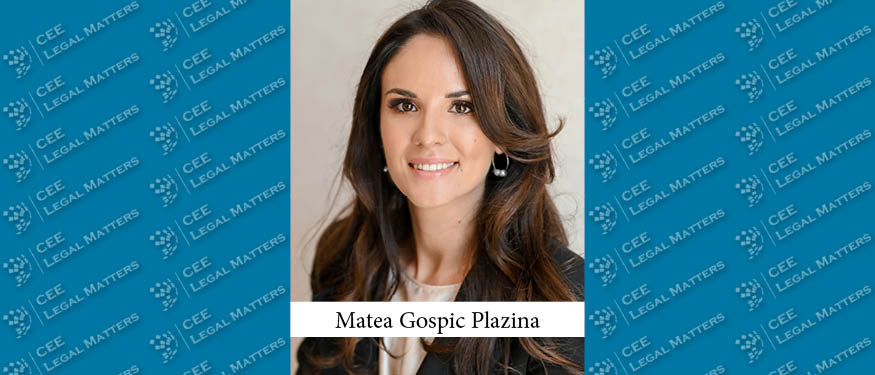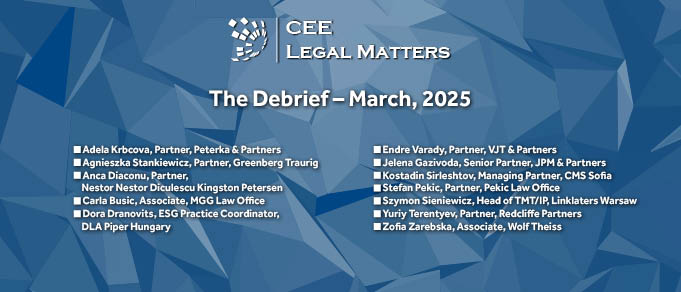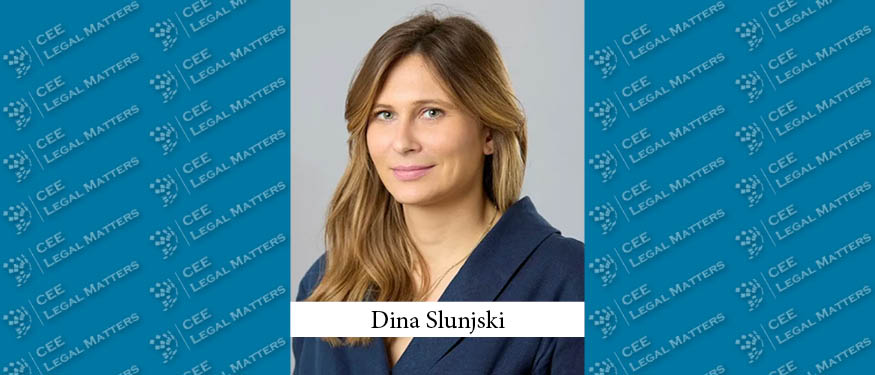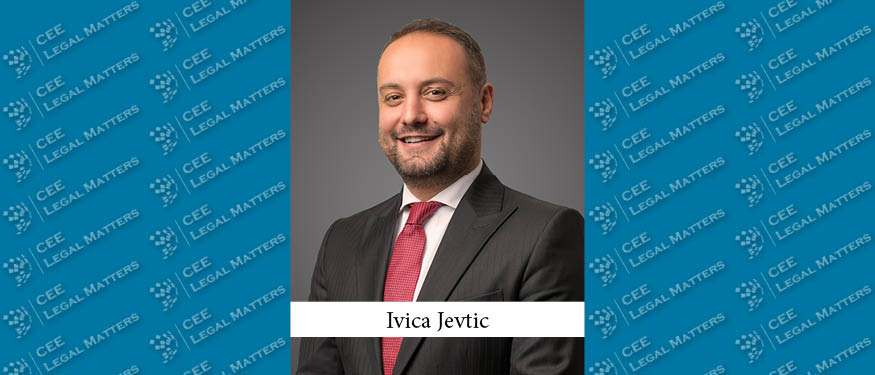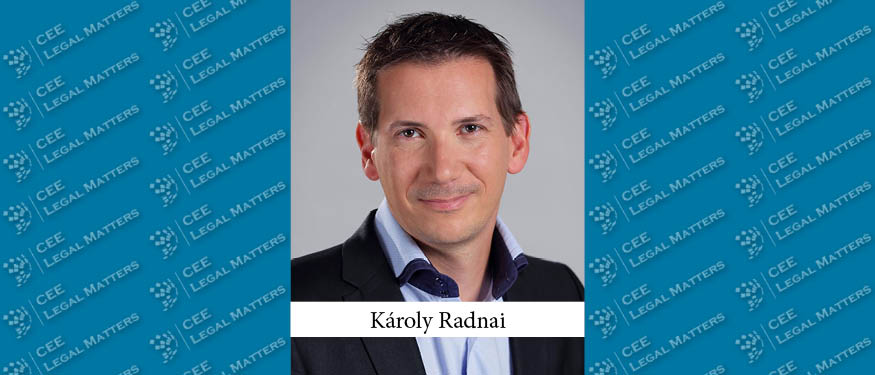CMS has advised Inter Europol on its acquisition of Pan-Pek from Enterprise VII private equity fund. Schoenherr advised the sellers.
Vukmir + Associates Advises Helsana Group on Acquisition of Adcubum
Vukmir + Associates, working with Niederer Kraft Frey and Lupp & Partner, has advised Helsana on its acquisition of Adcubum from TA Associates. Baer & Karrer reportedly advised TA Associates.
Krehic and Zornada Advise Metkovic on Water Utility Merger and Infrastructure Capitalization
Ilyashev & Partners has advised the Estonian Centre for International Development on the registration and legal implementation of an international technical assistance project in Ukraine, aimed at constructing a modern family-type orphanage in the Zhytomyr region.
Zornada, Miskovic & Miskovic, BDK Advokati, and ODI Law Advise on DDL Zagreb's Sale to Neftys Pharma
Law office Zornada has advised DDL Zagreb and its shareholders on the sale of a majority shareholding in the company to Neftys Pharma. Miskovic & Miskovic, BDK Advokati, and ODI Law advised Neftys Pharma.
Wolf Theiss, DTB, and Clifford Chance Advise on Studenac's EUR 300 Million Multi-Bank Financing
Wolf Theiss, working with Arendt, has advised Studenac on securing a EUR 300 million loan facility from a consortium of banks led by Bank Pekao and including Powszechny Zaklad Ubezpieczen, OTP Banka, Zagrebacka Banka, and OTP Bank Plc Hungary. DTB and Clifford Chance advised the financial institutions.
DTB Advises on USD 520 Million Financing for Infobip
Divjak Topic Bahtijarevic & Krka, working with Allen Overy Shearman Sterling, has advised funds and accounts managed by BlackRock and Blue Owl on a USD 520 million senior secured direct lending facility provided to Infobip. Latham & Watkins reportedly advised Infobip.
Schoenherr and Madirazza & Partners Advise on CRH's Acquisition of Kufner Group’s Stone Materials Production Business in Croatia
Schoenherr has advised CRH on its acquisition of the stone materials production business of Croatia’s Kufner Group. Madirazza & Partners advised Kufner Group.
Kinstellar and Freshfields Advise on Strabag's Acquisition of WTE Wassertechnik
Kinstellar, working alongside Noerr, has advised Strabag on the Romanian, Croatian, Czech, and Montenegrin aspects of its EUR 100 million acquisition of WTE Wassertechnik from EVN. Freshfields advised EVN.
Gospic Plazina Stojs and Mamic Peric Reberski Rimac Advise on Bosqar Invest’s EUR 143.2 Million Issuance
Gospic Plazina Stojs has advised lead manager and lead bookrunner Erste&Steiermaerkische Bank on Bosqar Invest’s issuance of EUR 143.2 million in sustainability-linked bonds. Mamic Peric Reberski Rimac advised Bosqar Invest.
CMS Advises Eleport on Croatia and Slovenia Market Entry
CMS has advised Eleport on its market entry into Croatia and Slovenia.
Wahl Advises Magdis on Share Sale to H2 Special Purpose Vehicle
Wahl has advised Magdis on the sale of its shares to H2 Special Purpose Vehicle.
Schoenherr and Savoric & Partners Advise on Accession Capital Partners' EUR 30 Million Growth Investment into Vetti Group
Schoenherr has advised Accession Capital Partners on its EUR 30 million growth capital investment into Vetti Group. Savoric & Partners advised Vetti Group.
Hot Practice in Croatia: Dino Gliha on MGG Law Office's TMT Practice
The intersection of law and emerging technologies has kept the TMT team at MGG Law Office exceptionally busy, with a sharp focus on AI, machine learning, and their commercial applications. Partner Dino Gliha says the practice has been driven by both the rapid pace of innovation and a fluid regulatory landscape that’s forcing businesses to proactively rethink compliance, governance, and strategic planning.
Keeping It In The Family in Croatia: A Buzz Interview with Matea Gospic Plazina of Gospic Plazina Stojs
Croatia’s transactional and legal landscape is heating up, with a strong pre-summer push across multiple sectors and a growing alignment with international standards, according to Gospic Plazina Stojs Partner Matea Gospic Plazina, who reports that this environment is driving fresh momentum in capital markets, M&A, and the increasingly layered world of family wealth management.
The Debrief: March 2025
In The Debrief, our Practice Leaders across CEE share updates on recent and upcoming legislation, consider the impact of recent court decisions, showcase landmark projects, and keep our readers apprised of the latest developments impacting their respective practice areas.
The Corner Office: The Next Big Thing
In The Corner Office, we ask Managing Partners at law firms across Central and Eastern Europe about their backgrounds, strategies, and responsibilities. This time around, we asked: For 2025, what is the one sector or industry in the country that shows the most promise for growth, and why?
Cease and Desist From Opening the File!
If you have received a Cease and Desist (C&D) letter, it usually means that you have violated someone else’s intellectual property rights. However, this may not necessarily be the case if you are doing business in Croatia.
Ilej & Partners and Wolf Theiss Advise on Cirtuo's Sale to Coupa
Ilej & Partners, in cooperation with Karanovic & Partners, has advised Cirtuo on the sale to Coupa. Wolf Theiss, working with Kirkland & Ellis, advised Coupa on the deal.













